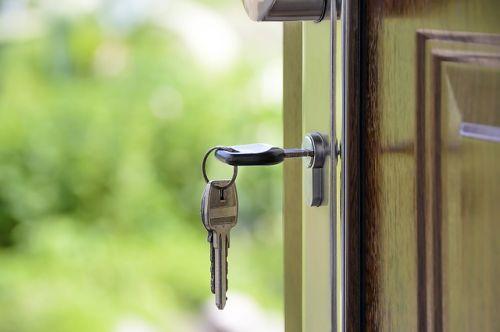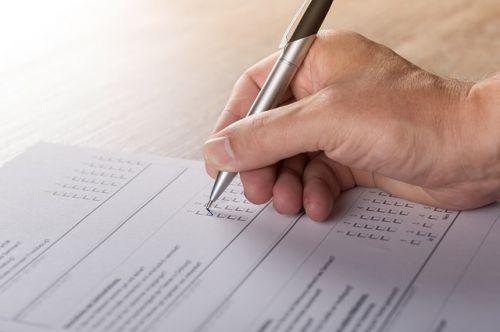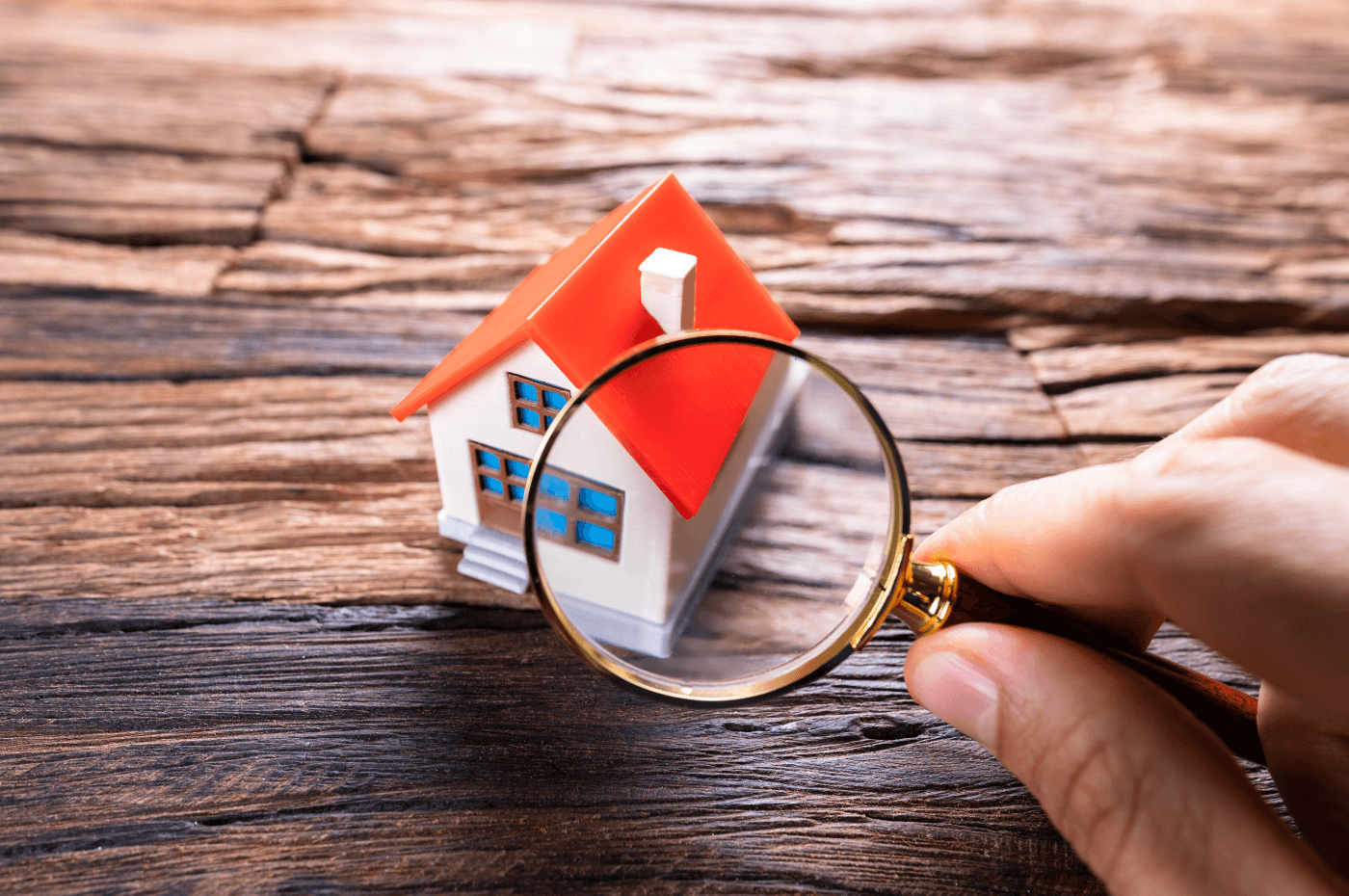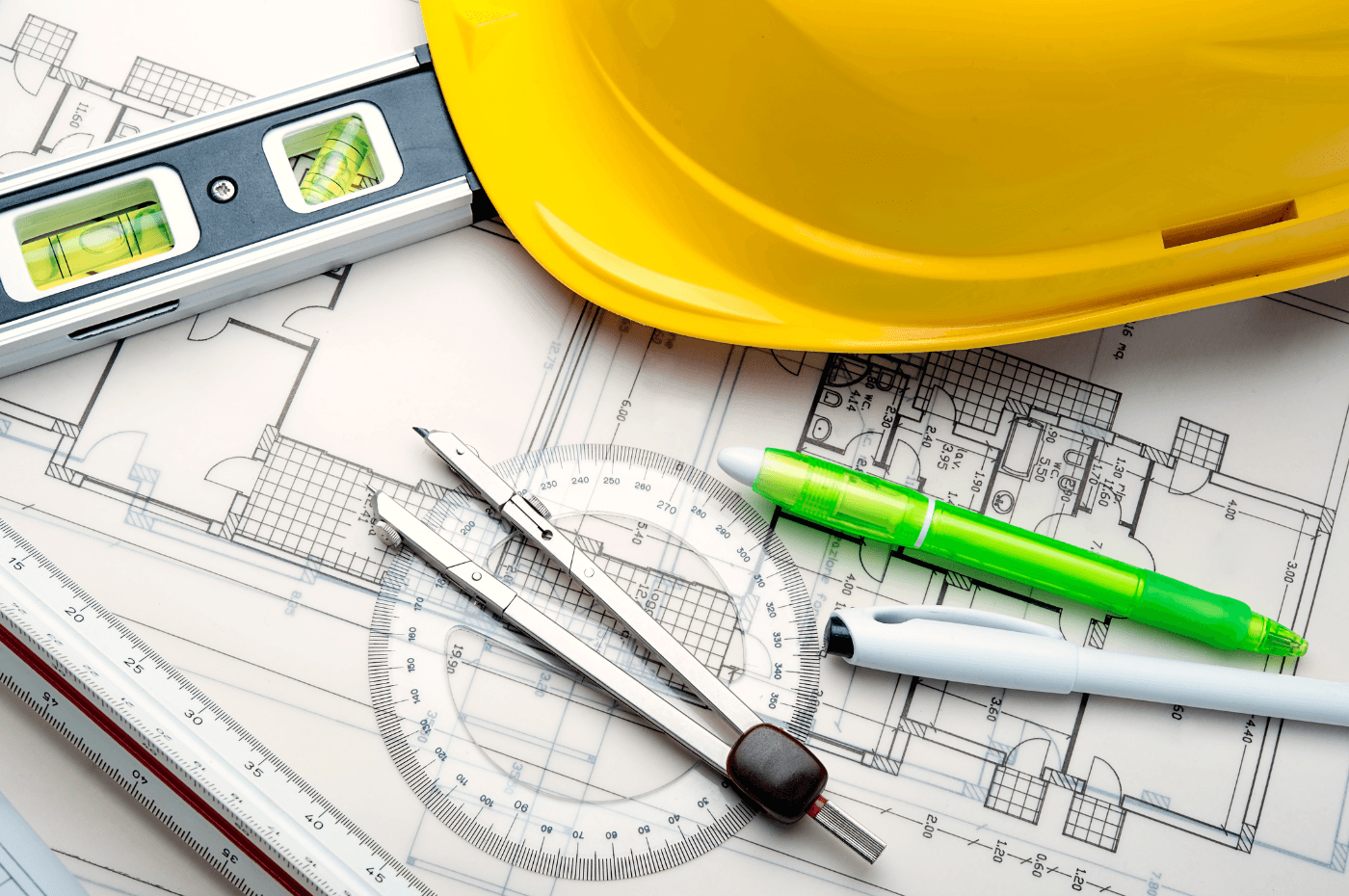Whether you're considering buying a new or existing home, a pre-purchase inspection is a crucial step to assess the property's actual condition before finalizing the transaction. It helps you avoid ending up with a home that requires major repairs.
While it's true that hiring a building inspector comes with a cost, this investment is far less than the unexpected expenses you may face if undetected issues arise after the purchase.
Why get a pre-purchase home inspection?
There are many reasons to conduct a pre-purchase inspection. First and foremost, the inspection and its accompanying report can give you the opportunity to renegotiate your purchase offer, or even cancel it altogether, if major defects are discovered.
By thoroughly examining all visible components of the property, the inspection helps assess the overall condition of the home, detect potential issues, and identify any necessary repairs. This allows you to prioritize future work should you decide to proceed with the purchase.
In short, a pre-purchase inspection is one of the best ways to make an informed decision while protecting yourself from hidden defects.

Is a pre-purchase home inspection mandatory in Quebec?
While a pre-purchase inspection is strongly recommended by real estate professionals, it is not mandatory in a real estate transaction. However, for a buyer, skipping this step can be a risky choice, especially when purchasing a property without legal warranty. In such cases, you may have little to no recourse against the seller if issues are discovered after the sale.
The 5 steps of a residential pre-purcahse inspection
Here is an overview of the main steps involved in a pre-purchase inspection during a real estate transaction:
1. Finding your dream home
Before considering an inspection, the first step is, of course, to find the right property to purchase.
To simplify your search, you can work with a real estate broker. Their services are free for buyers, as the seller is the one who pays the commission once the sale is finalized.
In addition, to help finance your real estate project, a mortgage broker can also be a valuable resource. Based on your financial situation, they will compare loan offers from various banks to secure the best rate available. Once again, this service is free for you, as brokers are compensated by the financial institutions when they bring in new clients.
Why inspect a newly built home?
Did you know that even when buying a brand-new home under construction, an inspection is still necessary? In this case, it’s not called a pre-purchase inspection, but a pre-delivery inspection.
This inspection is essential to ensure the home complies with applicable laws, regulations, and current building standards.

2. Choosing a qualified building inspector in Quebec
Unless you have extensive knowledge of construction, hiring a building inspector is an essential step in the home-buying process. At this stage, you have likely already submitted a conditional offer to purchase, with the inspection as one of the key conditions.
The inspector’s main role is to conduct a thorough visual examination of the property and provide a detailed report on whether the home complies with current building codes and standards. Their findings may allow you to renegotiate the terms of the offer, for example if renovations are required, or even cancel the offer altogether if major, previously undisclosed issues are discovered.
For all these reasons, it is important to choose an inspector with several years of experience in building inspections. Unlike other real estate professionals, such as real estate agents or mortgage brokers, building inspectors are not necessarily regulated under the Professional Code in Quebec, which makes careful selection all the more important.
Make sure the inspector is a member of a recognized professional association, such as the Association des inspecteurs en bâtiments du Québec (AIBQ). You should also verify that they have recognized training and carry professional liability insurance covering errors and omissions. This will provide you with recourse if issues are discovered in the years following the purchase.

3. Conducting the inspection
Once you submit your conditional offer to purchase, the seller typically has 7 to 10 days to accept, reject, or make a counter-offer. If the offer is accepted, the inspection must be completed within the agreed timeframe in order to respect the buying process and ensure a smooth transaction.
The home inspection is a critical step if you want peace of mind throughout the purchase process. You can either hire a professional inspector to carry out the work or choose to accompany them during the inspection to ensure the home meets your expectations.
If you choose to attend, you will have the opportunity to ask questions during the visit, as long as you do not interfere with the inspector’s work.
Pre-purcahse inspection: what components are reviewed?
During this visual inspection, the inspector examines all visible and accessible components of the property to detect any issues or potential hidden defects.
Here are the main components typically reviewed:
-
Structure: foundations, walls, ceilings
-
Roof: gutters, coverings, flashing, ventilation
-
Interior: finishes, floors, doors, windows
-
Building systems: plumbing, electrical, heating, air conditioning, ventilation
-
Insulation: type of insulation, air barriers, vapour barriers, caulking
-
Exterior layout: external elements such as walls, windows, and deck

4. Receiving the inspection report
In most cases, the inspector will provide the inspection report within 48 hours after the visit. This time allows the inspector to review the photos taken during the inspection and conduct further research on any questionable elements.
The inspection report is a valuable tool that includes guidance and recommendations for addressing any issues identified. Based on the findings, you’ll be able to make an informed decision about whether to move forward with the purchase.
How to negociate after a negative inspection report
If the report reveals major issues with the condition of the home, you have several options:
-
Cancel your offer to purchase: If the problems are too serious and the home requires major repairs, you may choose to withdraw from the transaction altogether.
-
Request that repairs be completed before the sale: If you’re still interested in the property, you can ask the seller to carry out the necessary repairs before you take possession. This may involve urgent or costly work needed to ensure the home is safe and compliant.
-
Negotiate the selling price: If the seller is unwilling to make the repairs, you may negotiate a lower purchase price to offset the cost of making the repairs yourself.

5. Signing the offer after a favourable inspection
If the inspection does not reveal any major issues and any irregularities are minor, you can proceed with signing the formal promise to purchase. This step confirms that you are ready to move forward with the transaction. The next step will be signing the deed of sale, and once that’s done, congratulations, you’re officially a homeowner !
Cost: how much does a home inspection cost?
As mentioned earlier, hiring a building inspector for a pre-purchase inspection involves a fee. The exact amount depends primarily on the type of property being inspected.
Here is an estimate of pre-purchase inspection costs in 2025:
-
Between $500 and $850 for a condo
-
Between $650 and $950 for a single-family home
-
Between $750 and $1,000 for a duplex
-
Between $850 and $1,250 for a triplex
-
Over $950 for a larger property
In all cases, make sure to request quotes from several inspectors before making your decision. Prices can vary from one professional to another, so comparing offers can be to your advantage.
Are you looking for a building inspector ?
XpertSource.com can help you in your efforts to find a building inspector. By telling us about your project, we will refer you to top-rated experts, free of charge! Simply fill out the form (it only takes 2 minutes) and you will be put in contact with the right experts.





